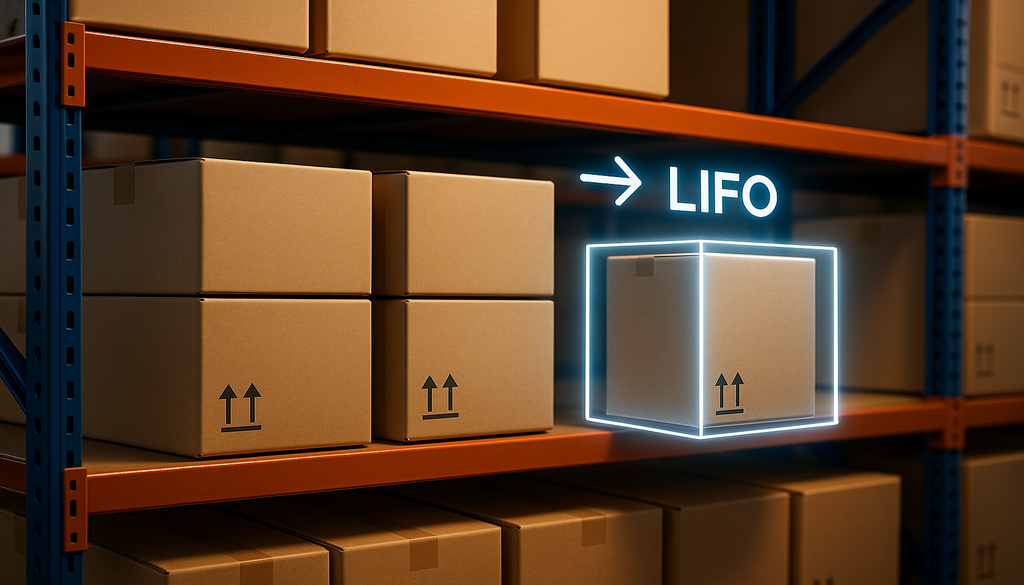SphereWMS Blog

From Automation to EDI: Optimizing Operations with Warehouse Management Systems
Warehouse Management Systems streamline inventory management by providing real-time visibility, automating workflows, and optimizing order fulfillment for improved efficiency.

Holiday Inventory Management: Key Challenges and Practical Solutions
Master holiday inventory management with proven strategies to handle seasonal demand, prevent stockouts, and optimize supply chain performance for business success.

Ecommerce Inventory Management Showdown: How Shopify, Amazon, and TikTok Shop Help Retailers Stay Agile
Discover how an ERP Inventory Management System streamlines ecommerce operations, boosts efficiency, and helps you optimize stock across all sales channels.

WMS Demystified: 5 Key Facts About Warehouse Software
Discover how a WMS can transform your warehouse operations with improved efficiency, real-time inventory control, and seamless supply chain integration.

Understanding the LIFO Inventory Method: A Practical Guide for Businesses
Learn what is LIFO, how it works, its advantages and drawbacks, and why businesses choose the LIFO inventory method for tax and accounting benefits.

How FIFO Works: A Guide to Business Applications and Key Advantages
Discover how FIFO can optimize your inventory management, improve financial reporting, and boost operational efficiency across various industries.
Subscribe to Email For Updates
POST BY TOPIC
Ready to Learn More?
Cloud WMS Software
